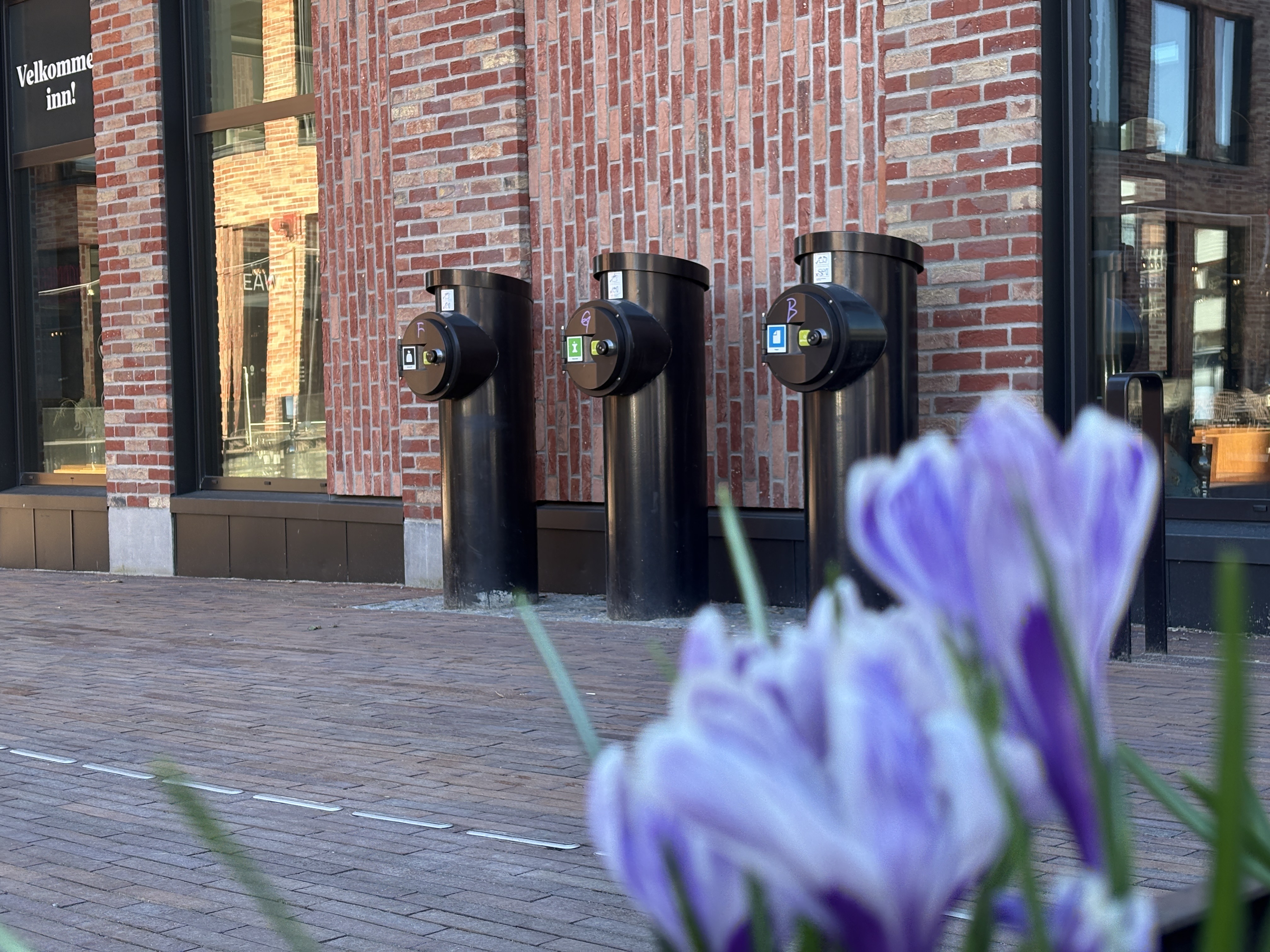Success with connected IoT sensors in waste management
Imagine a city where waste bins never overflow, trucks never make unnecessary trips, and the entire waste management system operates with pinpoint accuracy and efficiency. This isn't futuristic—it's happening now, thanks to connected IoT devices.

Before diving into IoT solutions, let’s step back and look at the core challenges modern waste management companies are grappling with today. Technology is only part of the story as there are broad operational and strategic pain points shaping this industry.
Challenges in waste management
First something that not only waste management is dealing with, rising operational costs. Fuel, maintenance and labor costs are all climbing, pushing margins thinner. Efficiency isn’t just a nice to have, it is a must.
This point is directly linked to inefficient routing. Without real-time data, trucks follow a fixed schedule, potentially wasting time and fuel on half-full bins while missing those that are overflowing. Hiring drivers and technicians has also shown to be more challenging, making automation and smart tools more and more necessary to do more with fewer hands.
Other challenges affecting this industry:
-
Public pressure and citizen expectations: Overflowing bins and missed pickups are more than just an inconvenience—they impact public health and erode trust in local services.
-
Regulation and sustainability targets: From emissions compliance to smart city mandates, municipalities are under pressure to innovate and report progress on environmental goals.
-
Disconnected systems: Legacy systems, siloed data, and manual processes make it hard to get a holistic view of operations and make fast, data-driven decisions.
-
Scaling complexity: Expanding into new regions or scaling operations can feel overwhelming, particularly when each area has its own infrastructure and requirements.
- Security and compliance: Operational technology is increasingly targeted, while regulations (like NIS2 and GDPR) expect you to control where data flows and who can access it. That means keeping devices off the public internet, proving device identity, and limiting each connection to the minimum it needs.
How connected IoT devices can bring value to waste management
To meet stronger regulations and the apparent challenges of waste management, technology plays an important role. IoT-enabled waste management primarily uses smart sensors in vehicles and bins, each equipped with SIMs to communicate back to their hub. These sensors continuously monitor waste levels and other key data, alerting when bins need emptying or if maintenance of vehicles is required.
Types of IoT devices in waste management include:
-
Smart bin sensors: Measure fill-levels and temperature to prevent overflows and fires.
-
GPS-enabled vehicles: Track truck routes and efficiency, reducing fuel consumption and emissions.
-
Asset tracking SIMs: Embedded in containers and trucks, ensuring real-time tracking and optimised asset utilisation.
With all these assets connected there is also a risk of breaches and tampering with the devices. Someone hacking in to one single sensor might not give large consequences, but if that one sensor gives a route in to the rest of your network of devices and hub it might be a major breach.
A Zero Trust approach gives each device a strong identity at the sim/profile level, and only allow pre-approved sessions over private paths limited to who, what and when.
What value does smart waste management solutions bring?
IoT sensors and connected equipment, whether that is waste bins or vehicles, brings a level of efficiency that wouldn’t be possible without the data they transmit. For waste management companies it optimises operations and ensures that waste collection routes are efficient. Significantly reducing fuel costs and labour hours by preventing unnecessary pickups. Real-time data also help improve maintenance by predicting when its needed, cutting downtime and extending the lifespan on equipment like waste trucks.
Overall, the data collected by IoT sensor and connected assets provide insights into waste patterns, helping waste management companies plan their resources better and with that streamlining their operations.
For the population of a city or area having sensor in waste bins can minimise overflow, reducing litter, odours and overall the impact on their immediate living environment. By optimising collecting trucks routes it is possible to reduce the impact on traffic and pollution levels in a city. Cities can also share relevant data with their residents, demonstrating a commitment to sustainability and a more efficient operation leading to more transparency and ups the accountability.
Looking to connect waste bins with SIMs?
The integration of IoT into waste management isn't just about technological innovation; it's about creating tangible improvements in the quality of urban life and operational efficiency. With the right IoT connectivity partner, waste management companies can confidently innovate, knowing their systems are secure, scalable, and reliably connected.
At IXT, our SIM solutions offer global coverage, secure connectivity and easy management through a single intuitive platform. Our SecureNet service with Zero Trust ensures data from your connected sensors and devices remains protected via private APNs and direct cloud integrations, making sure sensitive municipal or city data stays secure and compliant with data protection regulations.
About the author
IXT writes about IoT connectivity because we build it. We’re a Full-MVNO with our own core network and a CMP we designed in-house, so we see what works at scale and what doesn’t. Our team has decades of experience in M2M/IoT, from network engineering to enterprise rollouts, so the guidance we share is practical, vendor-agnostic and field-tested. Connect, secure and manage devices with confidence using our IoT Connectivity.
IXT – Connected. Secure. Everywhere.




